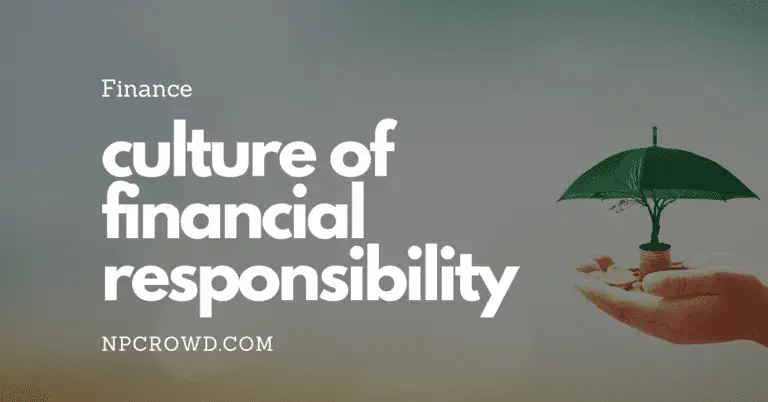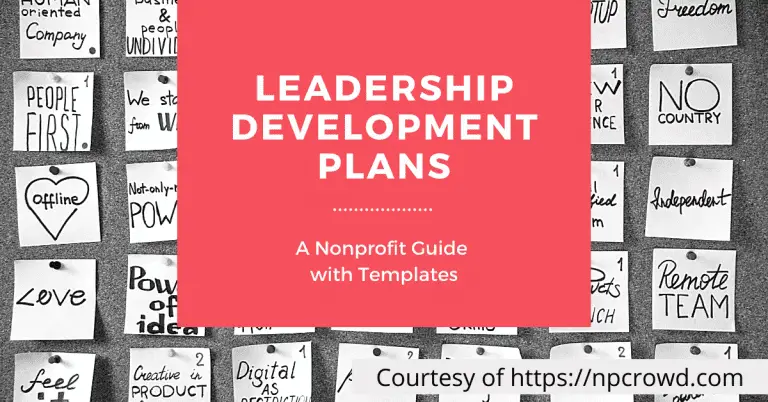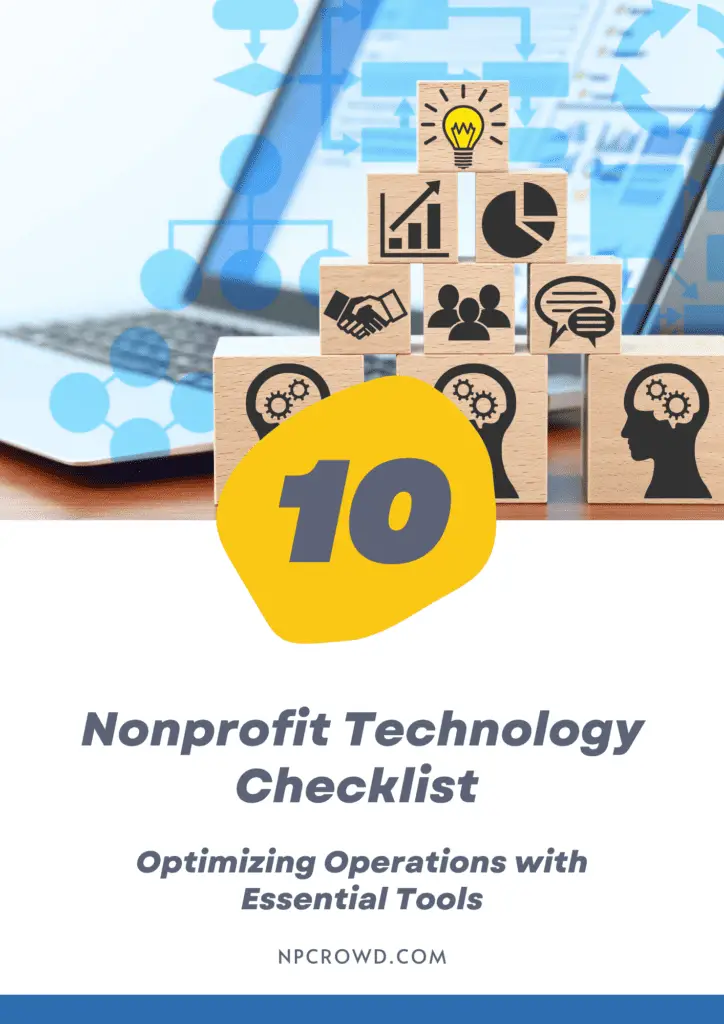8 Effective Ways for Leaders to Build Emotional Intelligence and Improve Team Performance
Disclaimer: This post may contain affiliate links. These links, if used and purchases made, we may earn a small commission. These affiliate programs do not impact the recommendations we make or the resources we refer you to. Our focus is on providing you the best resources for your nonprofit journey.
Emotional intelligence (EQ) is a crucial skill for leaders. It helps you understand and manage your own emotions while also recognizing and responding to the emotions of others. Leaders with high EQ make better decisions, build stronger relationships, and handle challenges more effectively.Here are eight practical ways to develop your emotional intelligence as a leader.
1. Know Yourself
Self-awareness is the foundation of emotional intelligence.
Start by taking time to understand your emotions, triggers, strengths, and weaknesses. Leaders who are self-aware can recognize when they’re feeling frustrated, anxious, or excited—and know why.
How to build self-awareness:
- Keep a journal where you reflect on your emotions.
- Ask trusted friends or coworkers for honest feedback.
- Use mindfulness techniques to notice your emotional reactions in real-time.
The more you know yourself, the more control you’ll have over your emotions, leading to more thoughtful leadership.
2. Stay Calm Under Pressure
Leadership can be stressful. High-pressure situations are inevitable, and how you respond matters.
Emotionally intelligent leaders know how to stay calm when the stakes are high. One of the simplest ways to do this is to pause before reacting. Taking a deep breath, counting to ten, or stepping away for a moment can prevent knee-jerk emotional reactions.
By staying calm, you not only make better decisions but also create a sense of stability for your team.

3. Put Yourself in Others’ Shoes
Empathy is key to emotional intelligence.
It means understanding what others are feeling and seeing things from their perspective. When a team member is stressed or struggling, empathetic leaders listen, ask questions, and try to understand what’s going on.
How to build empathy:
- Practice active listening: focus fully on the speaker without interrupting.
- Acknowledge their feelings without judgment.
- Ask open-ended questions to better understand their situation.
Empathy builds trust and strengthens relationships, which are essential for effective teamwork.
4. Communicate Clearly
Clear communication is essential for leaders with high emotional intelligence. You should be able to express your ideas respectfully, even when delivering tough news or feedback.
At the same time, listening is just as important. Emotionally intelligent leaders don’t just talk—they listen deeply.
Tips for clear communication:
- Stay calm, even during difficult conversations.
- Avoid blaming language; focus on finding solutions.
- Be honest but kind in your feedback.
When your team feels heard and understood, they’re more likely to feel comfortable sharing ideas and concerns.

5. Be Resilient
Resilience is about bouncing back from setbacks.
Leaders with emotional intelligence know that challenges and failures are part of the journey. Instead of getting stuck on what went wrong, they look for lessons in the situation and use that knowledge to improve.
How to build resilience:
- Stay positive, even when things don’t go as planned.
- Surround yourself with supportive people.
- Don’t be afraid to ask for help when needed.
The ability to recover from challenges will not only help you but will also inspire confidence in your team.
6. Work Well With Others
Good leaders know how to work with different people, manage conflicts, and build strong relationships.
This means understanding the dynamics of your team and knowing how to navigate various personalities. Great leaders create an environment where people feel safe, appreciated, and motivated to do their best work.
Tips for social skills:
- Be approachable and encourage open communication.
- Show appreciation for others’ hard work.
- Give feedback in a way that encourages growth, not discouragement.
When your team feels connected and valued, collaboration becomes easier and more effective.
7. Control Your Reactions
Self-regulation is a key part of emotional intelligence.
This means controlling your impulses and managing your emotions in a way that benefits the situation. Even when you’re upset, taking a moment to pause and think before reacting can prevent misunderstandings and help keep conflicts from escalating.
How to improve self-regulation:
- Pause before responding to emotional situations.
- Recognize your triggers and learn to manage them.
- Focus on responding thoughtfully rather than reacting impulsively.
The more control you have over your emotions, the more stable and reliable you’ll appear to your team.

8. Never Stop Learning
Emotional intelligence isn’t something you learn once and forget. It’s a skill that develops over time.
Great leaders commit to continuous growth. This means seeking feedback, learning from mistakes, and looking for ways to improve your EQ. You can do this by attending workshops, reading books, or working with a mentor.
Ideas for continuous learning:
- Read books on emotional intelligence and leadership.
- Attend EQ workshops or leadership seminars.
- Regularly seek feedback from others to identify areas for growth.
By continuously learning, you set an example for your team that growth and improvement are lifelong commitments.
Developing emotional intelligence takes time, but it’s one of the most important things leaders can do to improve their effectiveness. By managing your emotions and understanding the feelings of others, you’ll create a positive, productive work environment.
Start small, and over time, these strategies will help you become a more emotionally intelligent leader.






![21+ Nonprofit Management Certificate Programs: Best List 9 21+ Nonprofit Management Certificate Programs [Best List]](https://npcrowd.com/wp-content/uploads/2021/08/Nonprofit-Management-Certificate-Programs-Best-List-768x402.jpg)
